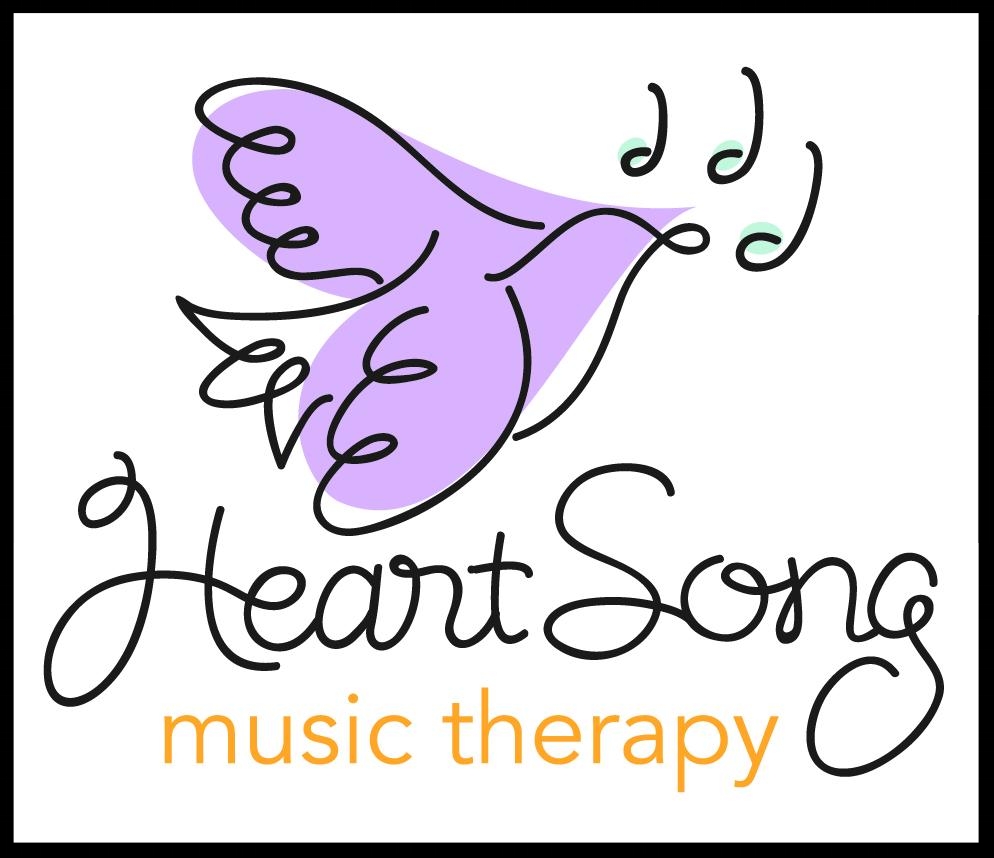The Whole-Brain Child: 12 Revolutionary Strategies to Nurture Your Child's Developing Mind by Daniel J. Siegel, M.D. and Tina Payne Bryson, Ph.D.
I have recently read a book (title above) that I highly recommend to all of my families with children 0-12 years of age. I came across this book after reading an article posted by Dr. Siegel online. I was intrigued by the article and started to investigate what else Dr. Siegel had discovered through his research and practice. My oldest brother, also a practicing pediatric psychiatrist, highly recommends Dr. Siegel and his work, so know that this book has been "Doctor Approved" :). I wanted to just jot down some quotes from the book that might spark some interest for you (it certainly did for me!). This book ties together the brain development of different age groups to certain behaviors that are being exhibited within those age groups. It can be helpful for anyone involved with children (parents, grandparents, siblings, aunts, uncles, teachers, etc.) in understanding what is happening in the brain and how to react when one part of the brain is dominating over other parts of the brain. In the end, the main goal is to achieve total brain integration where all parts of the brain are working together equally to maintain a state of balance. So without further ado, Dr. Siegel and Dr. Bryson:
"Your brain can't perform at its best unless its different parts work together in a coordinated and balanced way."
"It's easy to see when our kids aren't integrated-- they become overwhelmed by their emotions, confused and chaotic. They can't respond calmly and capably to the situation at hand. Tantrums, meltdowns, aggression, and most of the other challenging experiences of parenting -- and life-- are a result of a loss of integration, also known as dis- integration."
Brains need to be "horizontally integrated, so that their left- brain logic can work well with their right- brain emotion. We also want them to be vertically integrated, so that the physically higher parts of their brain, which let them thoughtfully consider their actions, work well with the lower parts, which are more concerned with instinct, gut reactions, and survival."
"What molds our brain? Experience."
"Everything that happens to us -- THE MUSIC WE HEAR, the people we love, the books we read, the kind of discipline we receive, the emotions we feel-- profoundly affects the way our brain develops."
"A person's brain isn't considered fully developed until she [or he] reaches her [or his] mid- twenties."
"Rate of brain maturation is largely influenced by the genes we inherit." (THANKS, MOM AND DAD)
"An integrated brain results in improved decision making, better control of body and emotions, fuller self- understanding, stronger relationships, and success in school."
"In terms of development, very young children are right- hemisphere dominant, especially during their first three years. They haven't mastered the ability to use logic and words to express their feelings, and they live their lives completely in the moment..."
"When a child is upset, logic often won't work until we have responded to the right brain's emotional needs. We call this emotional connection 'attunement,' which is how we connect deeply with another person and allow them to 'feel felt'..... 'connect and redirect'."
"It's also crucial to keep in mind that no matter how nonsensical and frustrating our child's feelings may seem to us, they are real and important to our child. It's vital that we treat them as such in our response."
"It's generally a good idea to discuss misbehavior and its consequences after the child has calmed down, since moment of emotional flooding are not the best times for lessons to be learned."
"Research shows that merely assigning a name or label to what we feel literally calms down the activity of the emotional circuitry in the right hemisphere."
"When we can give words to our frightening and painful experiences-- when we literally come to terms with them-- they often become much less frightening and painful. When we help our children name their pain and their fears, we help them tame them." ( HELLO, SONGWRITING)
"The behaviors and skills we want and expect our kids to demonstrate, like sound decision making, control of their emotions and bodies, empathy, self- understanding, and morality-- are dependent on a part of their brain that hasn't fully developed yet." (AKA, the prefrontal cortex)
The "upstairs brain" or prefrontal cortex "becomes inaccessible during moments of high emotion or stress."
"Our kids are often doing the best they can with the brain they have."
"When one of your children has lost touch with his upstairs brain, a powerful way to help him regain balance is to have him move his body... Research shows that when we change our physical state-- through movement or relaxation, for example-- we can change our emotional state."
"We are biologically equipped to be in relationships, to understand where other people are coming from, and to influence one another... every discussion, argument, joke, or hug we share with someone else literally alters our brain and that of the other person."
"...by teaching about connection through conflict, you give your child the invaluable gift of seeing that even unpleasant arguments are opportunities to engage with and learn from the minds of others."
"It's not your responsibility to avoid all mistakes, any more than you're supposed to remove all obstacles your children face. Instead, your job is to be present with your children and connect with them through the ups and downs of life's journey."
There are so many more beautiful nuggets of wisdom in this book. As my good childhood pal, LeVar Burton would say, "You don't have to take My word for it". Check it out for yourself!
Full brain integration to you,
Miquel Garland, MT-BC

